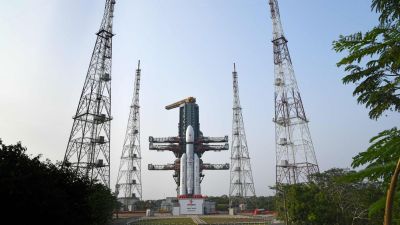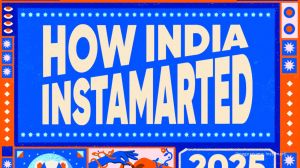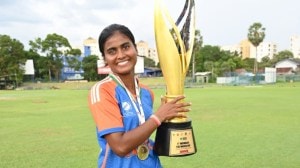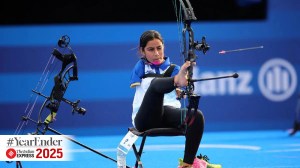Amitava Kumar’s My Beloved Life explores the fractures of history with the tale of a father and daughter
The novel feels like flicking through a photo album, every anecdote – a film screening or meeting with the governor – recorded and remembered
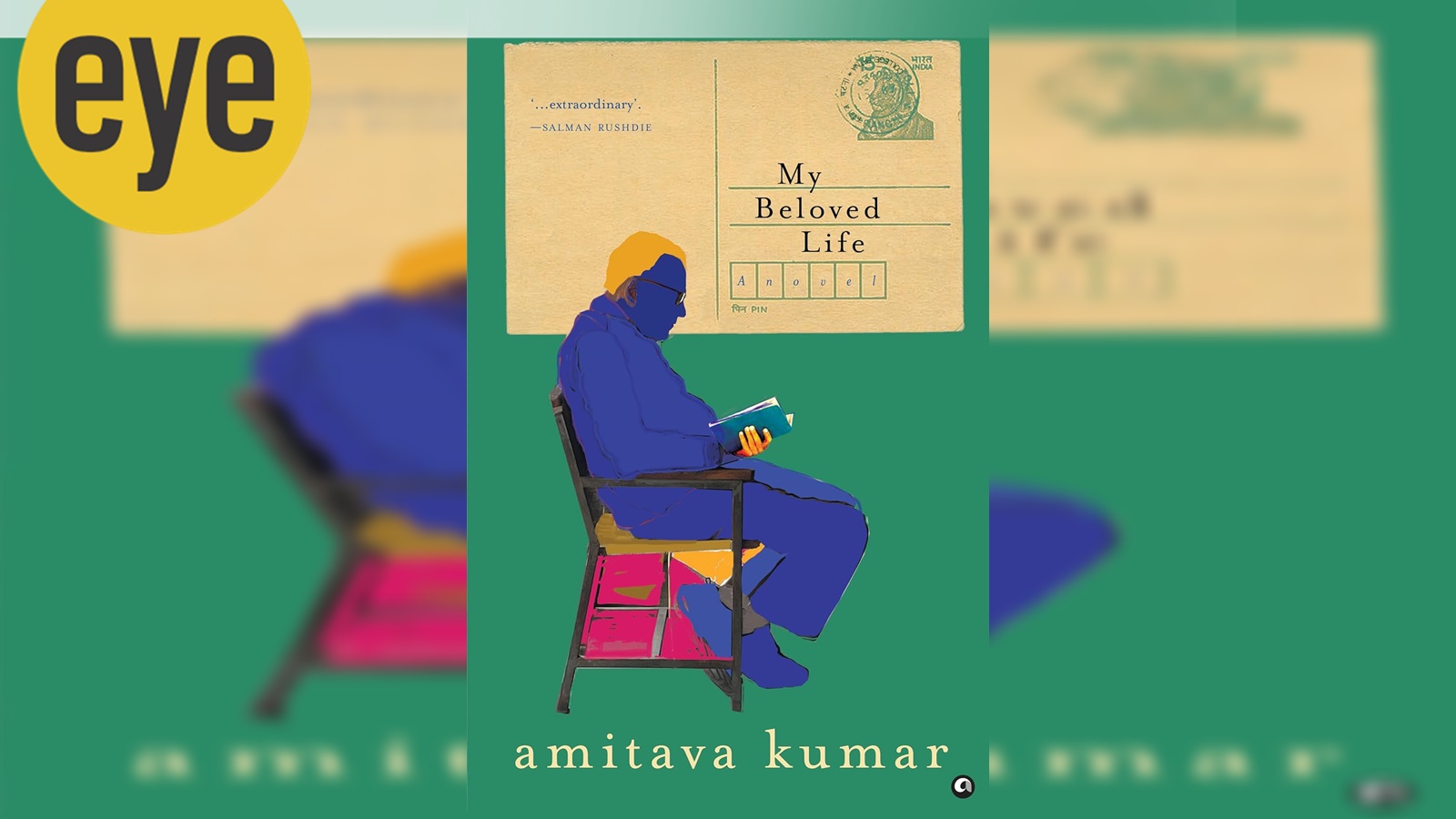 In the backdrop of this quiet retelling of an ordinary man who rises out of poverty, there is the evolution of independent India over 75 years. (Source: Amazon)
In the backdrop of this quiet retelling of an ordinary man who rises out of poverty, there is the evolution of independent India over 75 years. (Source: Amazon)Towards the end of The Namesake, when its protagonist Gogol is remembering his bittersweet relationship with his deceased father, author Jhumpa Lahiri writes, “(They) went together to a place where there was nowhere left to go.” Much like that novel, Amitava Kumar’s My Beloved Life reads like a eulogy to Jugnu’s parents, the girl who partly narrates the story. Kumar draws inspiration from his own life, having lost his father in the pandemic while being stuck abroad, as well as his complicated relationship with his village in Bihar.
In the backdrop of this quiet retelling of an ordinary man who rises out of poverty, there is the evolution of independent India over 75 years. “Poverty was our politics,” remarks Jadu, Jugnu’s father, who partly narrates the novel, referring to a college friend. He adds that he was “utterly defined” by the same economic status that riddled most of India. His fear of scarcity defines his journaling as he records his daily expenses in a tiny pocketbook. His wife and Jugnu write, too. While Jadu records history – his unpublished thesis on Jayaprakash Narayan remains the work of his life – his wife writes poetry about their pilgrimage to Deogarh. Jugnu, meanwhile, becomes a CNN journalist whose work is inspired by her father’s lessons – the men in her life, she says, populate her reportage. The second part of the novel is in Jugnu’s voice and relays the quiet ambitions of a novel that may entwine the political and personal, adding the hospital scams or war stories she has reported on to her private life.
The novel feels like flicking through a photo album, every anecdote – a film screening or meeting with the governor – recorded and remembered. Jadu’s tryst with the JP movement, his encounter with mountaineer Tenzing Norgay and Chou-en Lai’s visit to India run alongside life’s milestones – a marriage, a job, the birth of a child, reconnecting with an old friend. It reminded me of Svetlana Alexievich’s Secondhand Time, with Jadu’s diversions into names big and small, his obsession with defining myths, similar to Alexievich’s treatment of history as a collection of the everyday – be it a chance encounter with a doctor who has an interesting story or a record of talcum powder purchases.
Kumar also underscores the idea of mortality – deaths of loved ones, of dreams, of freedoms. Jugnu comes to terms with her father’s death as she buys his favorite things from the grocery store. Jadu’s writing helped him grieve his mother’s sudden death. As for dreams, some die, like Jadu’s aspirations to record the history of the true “scrappy” India, but are carried forth by his daughter. Jugnu in many ways, becomes an extension of what Jadu lived for.
Often, the book references the same events through two lenses, that of Jugnu and Jadu, exploring how they remember a pilgrimage, their home, and so on. There’s a scene in the book in which Jadu, now aged, visits Jugnu in America and hands her an outdated map of his “remembered” village – their home. This is a perfect representation of Jadu’s idea of home but an imperfect reality for Jugnu because the remembered is now contested space, shaped by experience and inherited knowledge. Nothing seems to happen in Kumar’s novel yet so much seems to happen, the book traversing the journey of independent India from the Emergency to the pandemic, through the lens of a man’s ordinary heroism, one who loves his family and his country. As Milan Kundera said, “After all, what can memory do, the poor thing?” Kumar’s narrative reimagines human history, embracing where it falters and where it persists.
- 01
- 02
- 03
- 04
- 05


